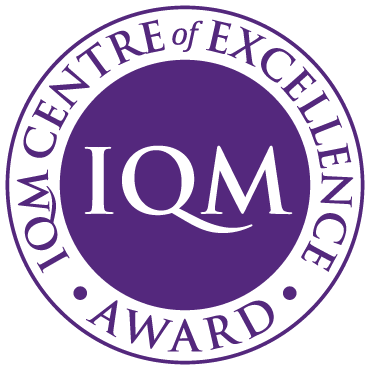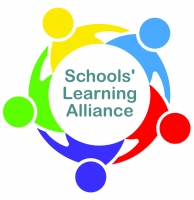Inclusion Quality Mark
Following our Inclusion Quality Mark visit in 2024, we are delighted that Lambs Lane is now an IQM Flagship School!
The assessor's report stated:
"It was a real pleasure to meet with the pupils. They enjoy being at school and say how
both staff and pupils are welcoming. As it is a small school, they do know each other
and value knowing that the school is made up by a range of pupils with different needs.
They recognise that they are given a wide range of activities, for example a group of
students were off out to do orienteering, as well as the residential and other trips. They
highlighted the fact that all their peers are involved. In addition, they have
opportunities to be, for example, Digital Leaders, join the ECO team and run the parents’
evenings. They particularly liked how they had to speak to their class to explain why
they would be good in those roles. Pupils feel valued and supported."


